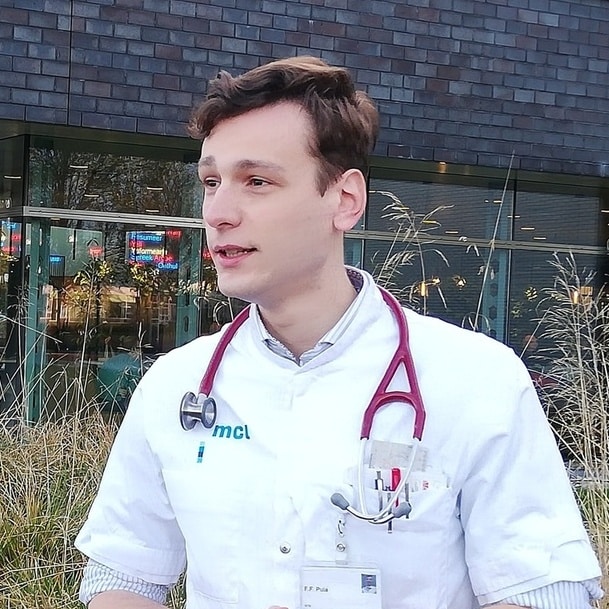White paper on how to solve Europe’s health workforce crisis
In this white paper, the Pillars of Health coalition – with Wemos as lead organization – calls on all EU Member States to move away from international competition for health workers, and instead take united action to enable health workers across Europe to deliver high-quality healthcare to EU citizens.



